At the National Hospital for Tropical Diseases (Hanoi), doctors have recorded an increase in the number of hospitalizations due to dengue fever in recent weeks, including cases of self-treatment at home that did not improve, and cases of severe illness that required hospitalization. Notably, many patients self-treat by going to private medical facilities for IV fluids, or even hiring someone to come to their home for IV fluids.
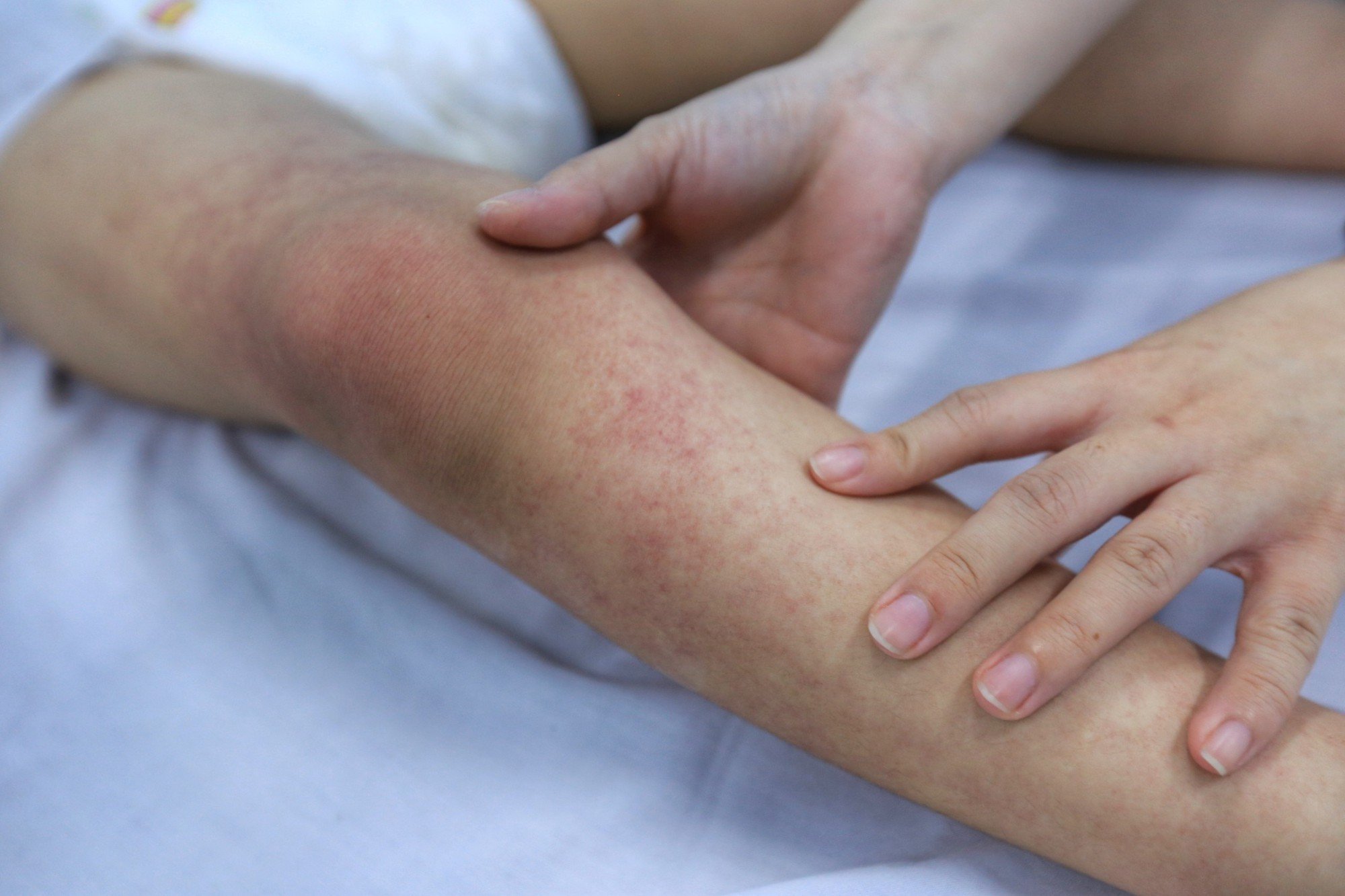
Dengue fever patient
Admitted to the Central Hospital for Tropical Diseases for treatment, a female patient in Cau Giay District said she had a fever and severe headache, so she took medicine herself and hired a "doctor" to give her an IV at home. However, because her condition did not improve and she became more tired, she was taken to the hospital. At the Central Hospital for Tropical Diseases, the doctor told her that she had dengue fever based on test results.
In some other cases, due to delay in going to the hospital, the patient is hospitalized in a very serious situation such as: low platelet count, thick blood, fatigue and inability to walk...
Dr. Tran Van Giang, Central Hospital for Tropical Diseases, noted: "First of all, intravenous fluids, or as many people often call it, cannot immediately improve the condition of the disease but can make it worse. For example, dengue fever in the early days causes a very high fever, which can be accompanied by dehydration and electrolyte loss. If the right type of fluid is not infused, it will make the electrolyte imbalance worse."
Through actual treatment, Associate Professor, Dr. Do Duy Cuong, Director of the Tropical Disease Center - Bach Mai Hospital ( Hanoi ), said that people with dengue fever and high fever often think that intravenous fluids and fluid replacement will be good, but that is wrong. Absolutely do not arbitrarily administer intravenous fluids at home when you have dengue fever because it can lead to edema, respiratory failure and endanger your life.
Note when children have dengue fever
For children with dengue fever, Dr. Nguyen Van Lam, Director of the Tropical Disease Center - National Children's Hospital (Hanoi), noted that children with dengue fever often have different symptoms. The disease starts quite suddenly and progresses through 3 stages: fever stage, dangerous stage and recovery stage. In which, after the fever stage, children enter the dangerous stage, usually around the 3rd - 7th day after contracting the disease. Symptoms of dengue fever in children at this stage may still have fever or have subsided, the child has plasma leakage.
Severe plasma leakage will lead to shock, with easily recognizable symptoms such as: restlessness, restlessness, lethargy, cold extremities, cold, clammy skin, rapid, weak pulse, little urine, low blood pressure or unmeasurable blood pressure. Children may also have subcutaneous bleeding or bruises, scattered or concentrated hemorrhages on the front of the two calves and the inside of the two arms, abdomen, thighs, ribs; mucosal bleeding such as nosebleeds, bleeding gums, blood in the urine, etc.
According to the instructions of the Tropical Disease Center - National Children's Hospital, all children with high fever from the second day onwards and in areas with people with dengue fever should be taken to the nearest medical facility for examination and treatment.
When the child has a fever of 38.5 degrees Celsius, give the child Paracetamol to reduce the fever, but use the correct dosage, 10 - 15 mg/kg of body weight, repeat every 4 - 6 hours if the child has a fever again. Combine with warm compresses to avoid complications of high fever causing convulsions.
Do not use ibuprofen or aspirin to reduce fever in children because these drugs can make bleeding worse and can cause stomach bleeding, which is life-threatening.
Do not go to the pharmacy to buy antibiotics for your child on your own because this disease is caused by the Dengue virus. Using antibiotics is not only ineffective against the virus but also makes liver and kidney conditions worse.
Give your child plenty of fluids: oral rehydration solution (mixed according to the correct dosage), filtered water, orange juice, coconut water, etc. Give your child liquid, soft, easy-to-digest foods, foods rich in vitamins, vegetables, and fruit juices.
Do not give your child carbonated drinks or drinks that are red or brown in color. Avoid spicy foods, foods that are red or brown in color, and foods that are too hot or too cold.
Absolutely do not take your child to receive IV fluids at medical facilities that do not guarantee safety or private clinics that are not qualified to perform the procedure.
Source link






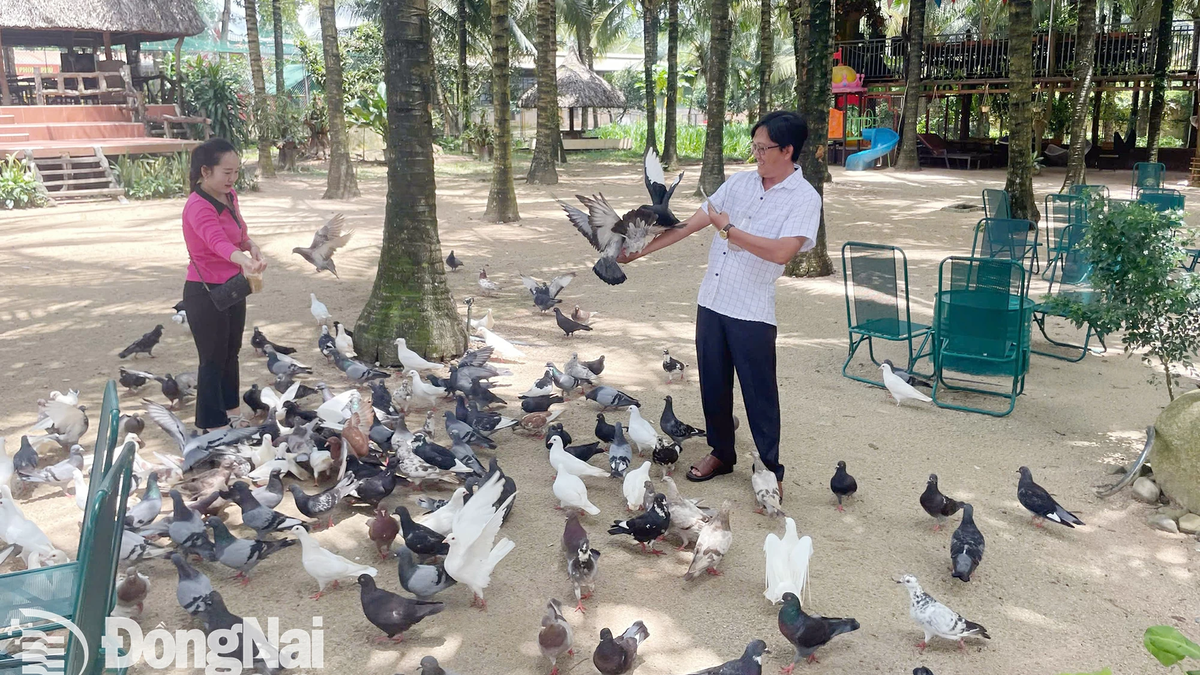


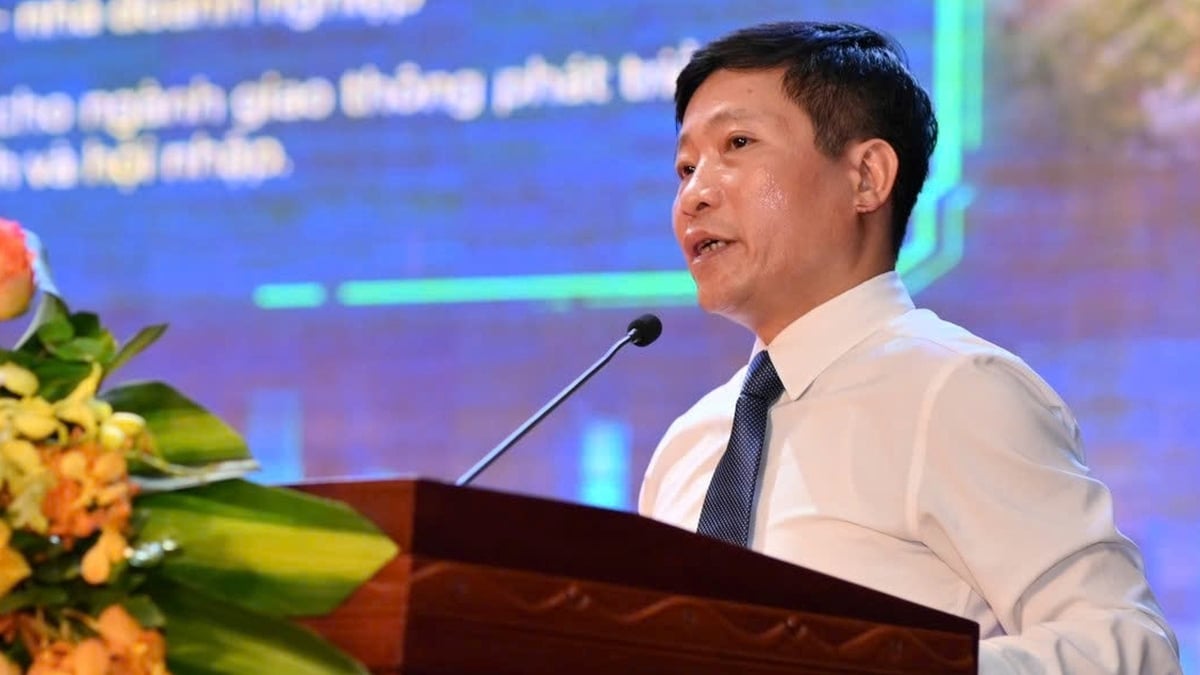

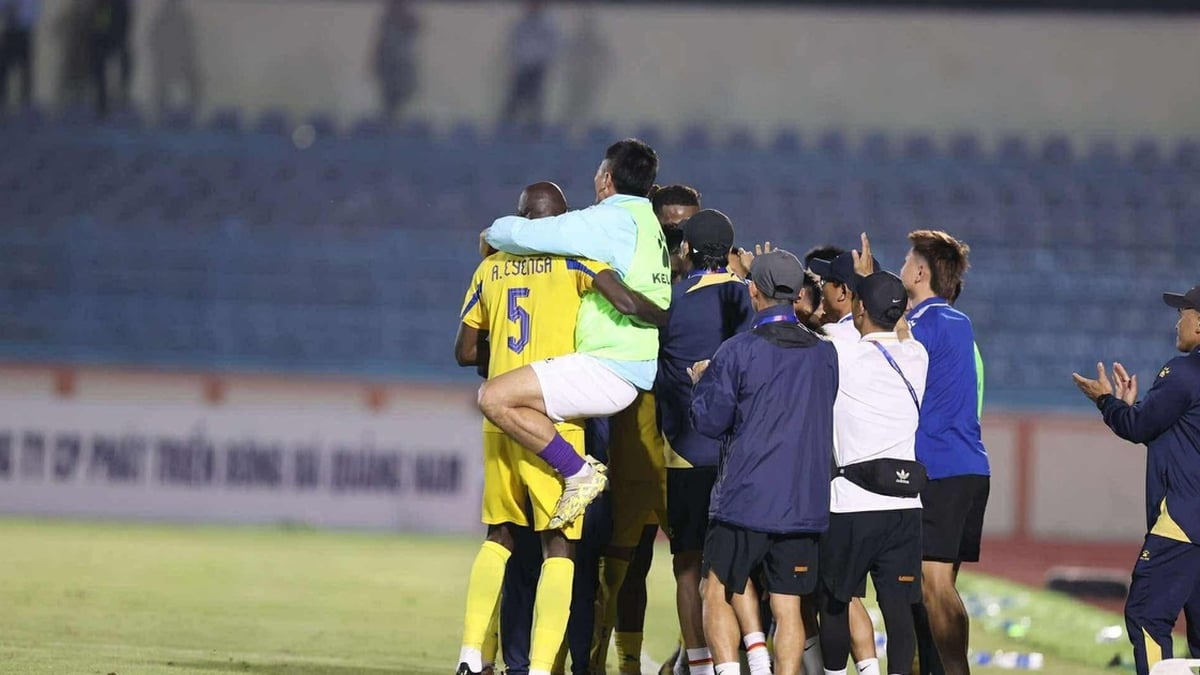






























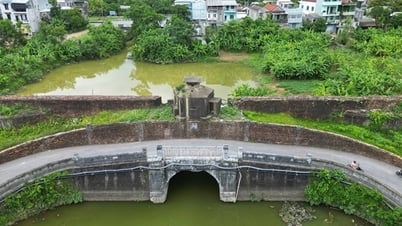

















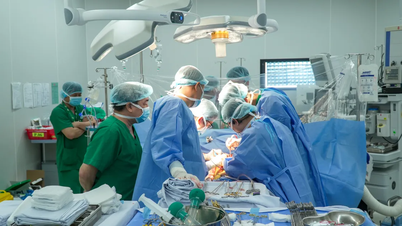



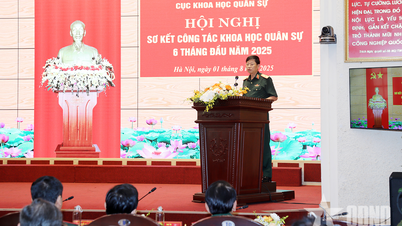

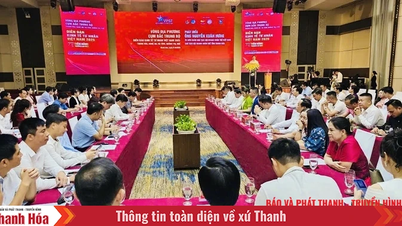

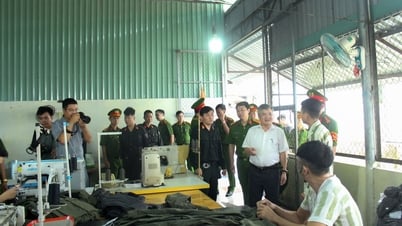


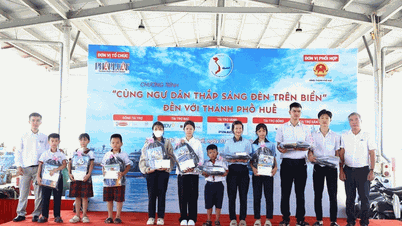

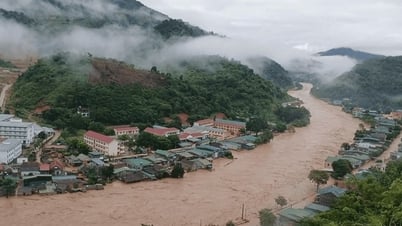






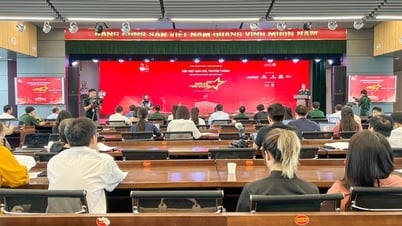























Comment (0)